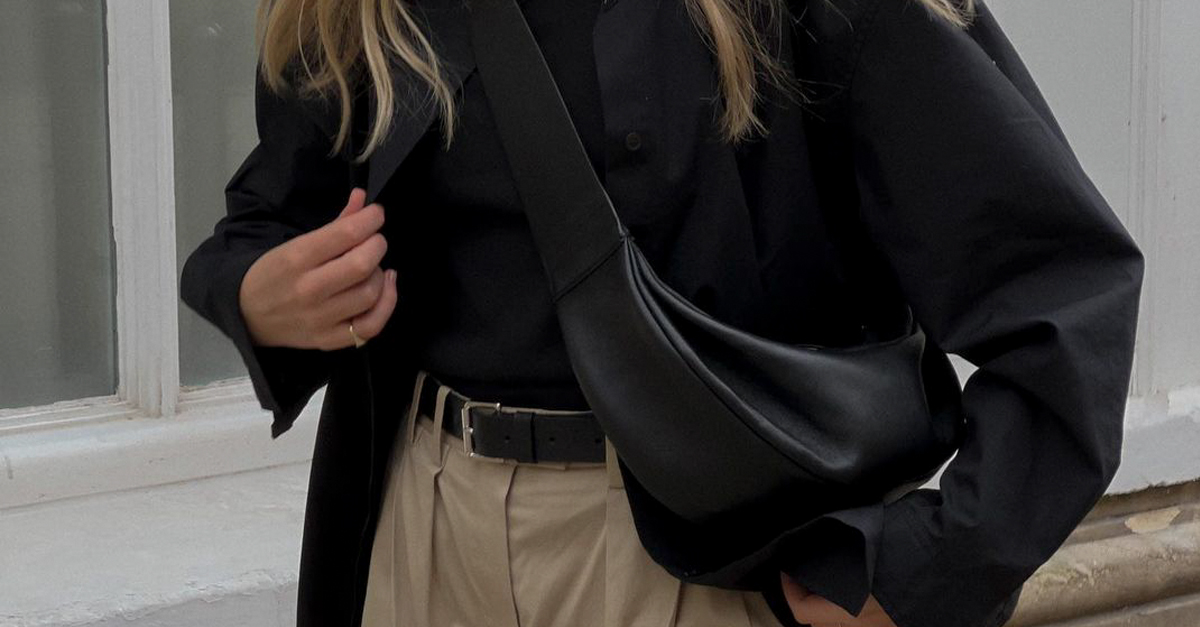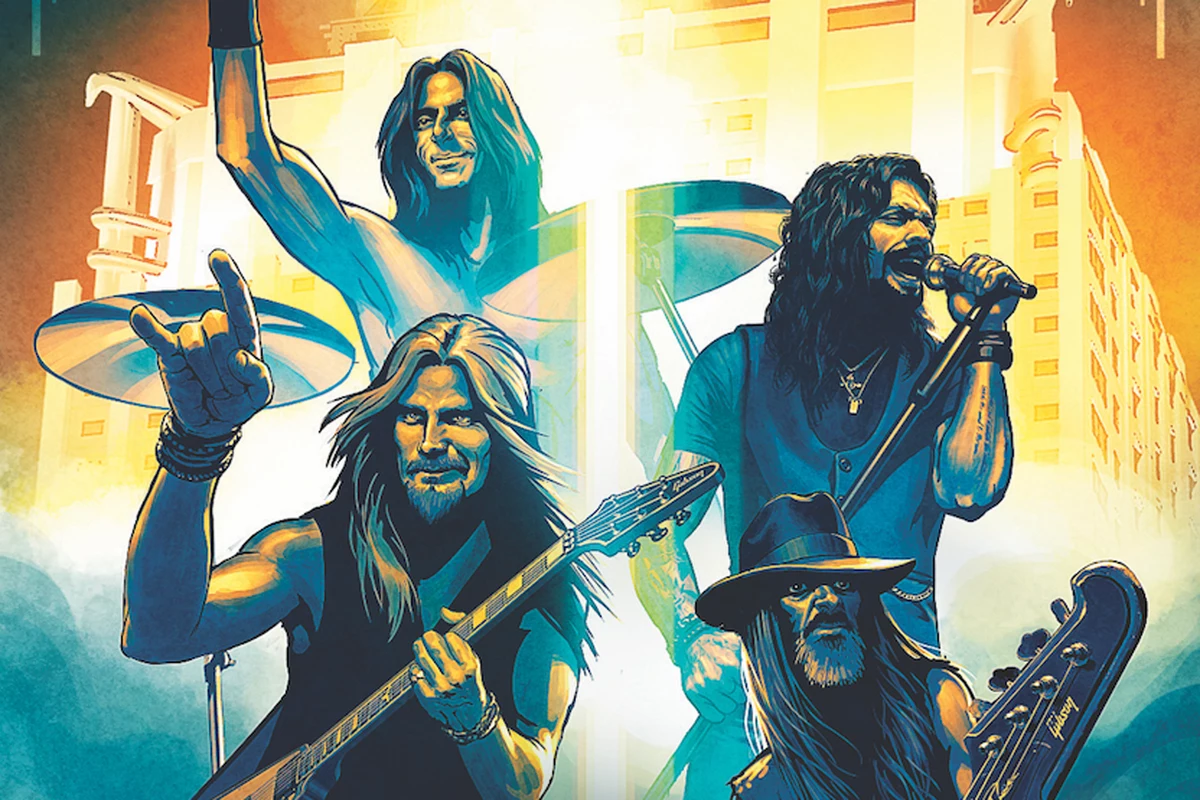With Ebb Software’s Scorn now available on PC and Xbox — just in time for the Halloween season upon us — it’s a perfect time to chat about the game’s art style.
One of the highlights of the title is that blend of bio-mechanical and dystopian surrealism. The same blend that legendary artists HR Giger or Zdzisław Beksiński specialized in with their respective art.
Giger and Beksiński’s influence runs deep, particularly in gaming. With the arrival of Scorn, it’s a great reminder of how their art transcends and enhances the feel of gaming, even when some of these titles are decades old.
Let’s dial back the clock before we plug into Scorn…
Dark Seed
Okay, this is a no-brainer. We’ve talked about Cyberdreams’ psychological horror game (and its sequel) in various lists over the years. But really, you can’t help but keep coming back to it. What other game had access to almost all of Giger’s artwork during development to create the visuals of the parallel universe that protagonist Mike Dawson discovers after having an alien embryo shot into his head? Yes, you read that correctly. And yes, the results are typical Giger: disturbing and beautiful at the same time.
Contra
If there was ever a series of games that exemplified Giger’s more mainstream work in Alien, you didn’t have to look very far with the Contra series. Granted, the later games in the series strayed away from the biomechanical monstrosities found in the original three, and the games themselves totally didn’t devote themselves to the concept until the later levels. But dang it, it’s blatantly obvious where Konami got their ideas. And we’re all the more happier for it.
The Medium
The most recent game on the list is one of the examples of a developer using the works by Beksiński to craft its nightmarish world. Indeed, Beksiński was quoted as saying that he wished to paint as if he were “photographing dreams”. And taking a look at what he conjured up with his fascination of fantasy, death and decay, it’s easy to see why Bloober Team chose to use Beksiński for the broken and hostile spirit realm that Marianne travels to in the game.
Axiom Verge
Axiom Verge took the idea of Metroid and added some Giger-inspired pixel art to it, providing a fantastical visual experience that wasn’t quite as disturbing as you’d expect, but nonetheless beautifully otherworldly and alien. It’s almost shocking that among the sequel’s drastic changes, developer Thomas Happ left the stylings of the first game for a more “normal” visual look to the alien world. But when you think about it, that just makes the first game’s experience that much more memorable.
Alien Crush
While its sequel Devil’s Crush is seen as the superior game, the visuals of Alien Crush have Giger’s influence all over them. Right from the title screen, you can see that familiar biomechanical look in the title font. Jumping into the game, the table is filled with even more Alien references. It’s along the same lines as Contra where things are tweaked just enough to have their own take, but it’s unmistakable where the artists got their inspiration.
Tormentum – Dark Sorrow
Scorn isn’t the only game to meld both Giger and Beksiński’s stylings into one, as OhNoo Studio’s 2015 effort proves. The developers outright mention Dark Seed as a reference. Tormentum’s visuals take Beksiński’s dreamlike, nightmarish stylings to heart, with just enough of Giger intertwined to make it all stand out even more. Best of all, the sequel that’s slated to come out this year features even more of this dark fantasy art.
Lust for Darkness
Admittedly, Movie Games Lunarium’s 2017 title features more Lovecraftian imagery and overtones to it, not to mention the heavy focus on sexuality. But there’s enough Giger and Beksiński in the grotesque imagery to make it the best of all three worlds. If you’d prefer not to have so much debauchery in your gaming, you can always spring for the M Edition on Steam, which focuses more on the horror and less on the hanky-panky.
E.Y.E: Divine Cybermancy
Based on an unreleased, private tabletop RPG, E.Y.E.‘s visuals call back to Beksiński’s dystopian fantasy tendencies in his art, and blends them with cyberpunk aesthetics. While the game itself is a mixed bag (partly due to the suspect translation from French), the “Deus Ex meets gothic” mashup will certainly appeal to some.
Scorn is out now on the Xbox Series and PC via Steam, the Epic Games Store, and GOG, as well as via Xbox Game Pass. Pick up a copy today here.


























































![Mason Ramsey – Twang [Official Music Video] Mason Ramsey – Twang [Official Music Video]](https://i.ytimg.com/vi/xwe8F_AhLY0/maxresdefault.jpg)





![Demo for ‘Silent Hill’ and ‘Condemned’-Inspired ‘Psychosis’ Available Today [Trailer] Demo for ‘Silent Hill’ and ‘Condemned’-Inspired ‘Psychosis’ Available Today [Trailer]](https://i0.wp.com/bloody-disgusting.com/wp-content/uploads/2022/10/psychosisteaser.jpg?resize=830,535&ssl=1)




















:quality(85):upscale()/2023/08/28/799/n/1922564/88c5d84564ece350b03fc6.27785474_.jpg)



